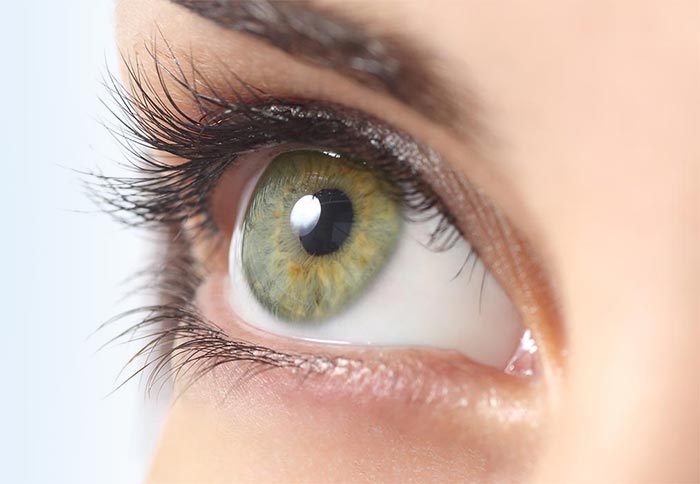Coroners & Medical Examiners
Working Together

Coroners and medical examiners, as public health professionals, are in a position to help facilitate the eye donation process. We share a common goal to serve our local communities. By partnering to establish effective and timely communication of the donation process, we can ensure both the needs of the investigation as well as those of the donor families can be met.
Free Online Education Opportunity for Coroners & Medical Examiners
In cooperation with the Colorado Coroners Association and the Wyoming Coroners Association, the eye bank offers a free, self-guided, online education module that covers the basics of eye banking for coroners and related professions. Once participants have taken the class and completed a short quiz, participants receive a certificate of completion.
Written Protocol
Collaboration is imperative. Both Colorado and Wyoming statutes require coroners and eye banks to establish a written protocol. This protects the coroner's law enforcement and public health duties and maximizes transplantable eye tissue donations. A written protocol is in the best interest of your office because it can be customized to your county and its processes and resources. To establish a protocol for your county, please email the Community & Professional Relations department.
State Laws on Donation and the Coroner's Role
- Colorado Uniform Anatomical Gift Act (sections for coroners: 15-19-222 and 223)
- Wyoming Uniform Anatomical Gift Act (sections for coroners: 35-5-221 and 222)
Biology of the Cornea and Cornea Transplantation
- Cornea Transplantation
- Eye Tissue Recovery Facts (timeframes, evidence collection and documentation)